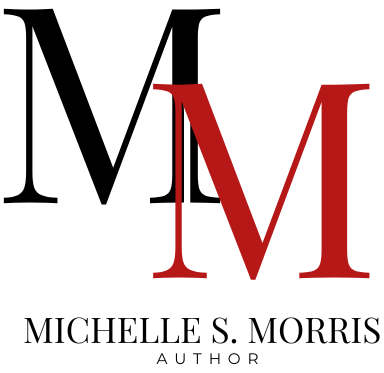It’s weird how we carry our past with us. Not like a picture we can fold up and put away, but like a shadow sewn into our skin that follows us no matter how far we run.
I sat in the dark for a long time after finishing Michelle Morris’s Comes Around last night. The lamp was still on, and the tea on the nightstand had gotten cold, but I couldn’t get up. I couldn’t stop thinking about Halley McCarthy and how much she was like me. Of the younger, braver, and messier me who promised never to go back home.
But isn’t it funny how life always seems to bring you back to the place you said you were done with?
Halley doesn’t come back happy. There isn’t a movie scene of a woman walking into her old town with her head held high. She comes back in bits. A startup in San Francisco that didn’t work out. A fiancé who wasn’t who she thought he was. A self she barely recognizes anymore. She drives to her hometown because she has to, not because she wants to. She brings with her all the shame and sadness she’s been too proud to deal with.
At first, I thought I was reading about her search for forgiveness, from her family, her father, and her half-siblings who never really knew her. But as I kept turning the pages, it hit me: this isn’t about forgiving them. It’s about forgiving herself.
And isn’t that the hardest kind of forgiveness?
We don’t talk enough about how challenging that kind of forgiveness is.
It’s one thing to extend grace to others, to understand their flaws, mistakes, human messiness. It’s another thing entirely to sit with your own reflection and say, You tried. You didn’t know. You’re allowed to begin again.
Morris writes Halley’s journey with such delicate care. There are no sudden epiphanies, no sweeping monologues about healing. Instead, forgiveness comes in small, almost imperceptible steps: a tentative breakfast at the family bar, a ride on the back of a Harley, a quiet conversation with a little sister who looks at Halley like she’s still worthy of admiration.
And then there’s the tension humming beneath the surface. Someone is watching Halley. Someone hasn’t let go of her past mistakes. That hint of danger adds a subtle edge to the story, but it also echoes the book’s main question: what happens when the past doesn’t stay buried?
As I turned the final page, I felt something stir in me, a softness I hadn’t expected. Comes Around isn’t just about starting over; it’s about realizing you’re allowed to start over. It’s about realizing that failing doesn’t make you unworthy and that mistakes don’t have to define you for the rest of your life.
I keep seeing a scene in my head. Halley and her father sit in silence, and even though they don’t say much, something changes between them. It’s the kind of reconciliation that feels more real than any big reunion ever could be.
When I closed the book, I thought about all the times I’ve been much harsher on myself than anyone else has ever been. About the things I’ve carried, the guilt, the second-guessing, the endless mental reruns of decisions I can’t undo.
This book reminded me that forgiveness isn’t a door you walk through at once. It’s a practice. A choice you make again and again, even on the days you don’t feel ready.
And maybe that’s the real gift of Comes Around. It whispers to you in its gentle, unassuming way: You can come back from this. Maybe that’s the quiet miracle of Comes Around. It doesn’t shout at you to heal, or demand you forgive, or promise that coming home will tie every loose thread in a neat bow. It just reminds you, gently, that broken things can still hold beauty. That even after all the wrong turns and sharp edges, there is a place, somewhere, in someone’s heart, where you’re allowed to arrive exactly as you are. And maybe, if you’re brave enough to stay, you’ll see that the person you’ve been running from all along is already waiting there: you.


